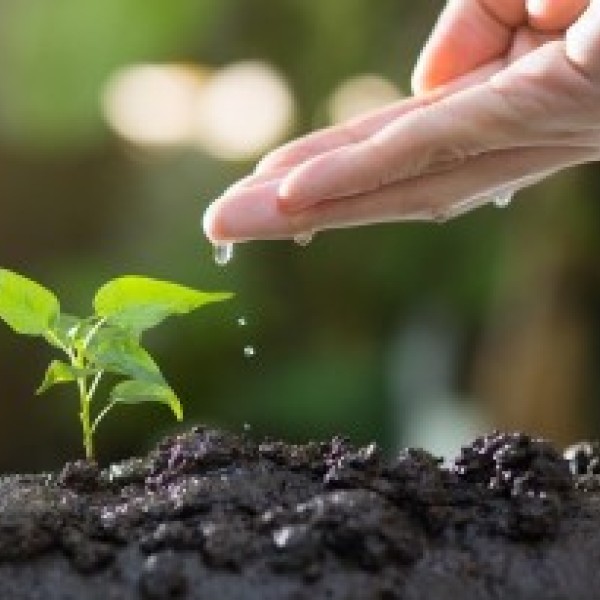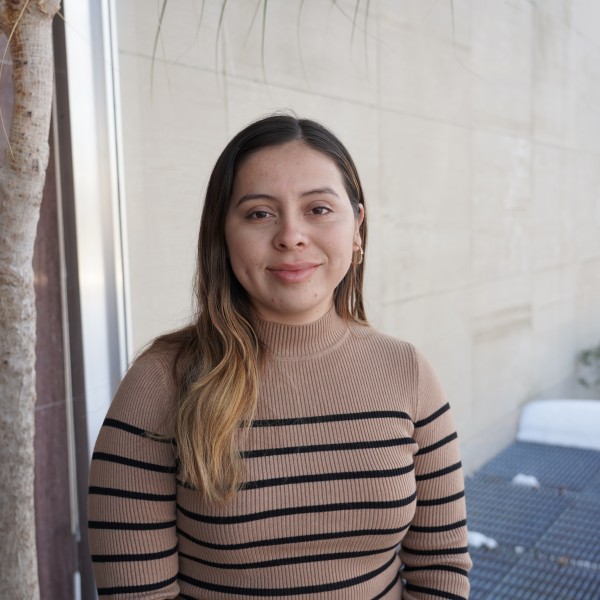First generation Puerto Rican Francisco J. López Núñez attends the University of Puerto Rico Mayagüez. He was selected for the Sustainable Management of Agricultural Systems (SuMAS) internship program, which connected him with the Cornell University CALS Nutrient Management Spear Program (NMSP).
Francisco J. López Núñez began earning his bachelor’s degree in agronomy in August 2021 at the University of Puerto Rico Mayagüez. Currently, he is double majoring in agronomy and horticulture and is entering his senior year after spending his summer interning with Cornell’s NMSP. We met with López to learn more about how he found his way to NMSP and what he hopes to accomplish with this additional experience under his belt.
Why did you join the SuMAS program?
A major factor that compelled me to apply was the need to increase global food production by 50% by 2050 while reducing the environmental impact of agriculture.
What intrigued me about SuMAS was its global focus on sustainability adapted to local conditions, such as soil types, topography and economic resources. Increasing agricultural output while reducing environmental degradation and maintaining ecosystem services is vital for the future of agriculture, especially in places like Puerto Rico. The vision of NMSP to combine research, education and on-farm implementation to improve nutrient management and protect the environment aligned perfectly with my aspirations to contribute to sustainable agriculture.
During your time with NMSP, you primarily worked with NMSP On-Farm Research Coordinator Juan Carlos Ramos Tanchez and PhD Candidate Gurpreet Kaur. Tell us more about what you did with them.
I helped them gather soil samples for the Value of Manure project and the soil microbial biomass study. My day-to-day responsibilities consisted of a lot of fieldwork, which I grew to love, as well as some laboratory jobs like weighing fertilizer and drying soil samples alongside Carlos Irias (laboratory & research technician).










